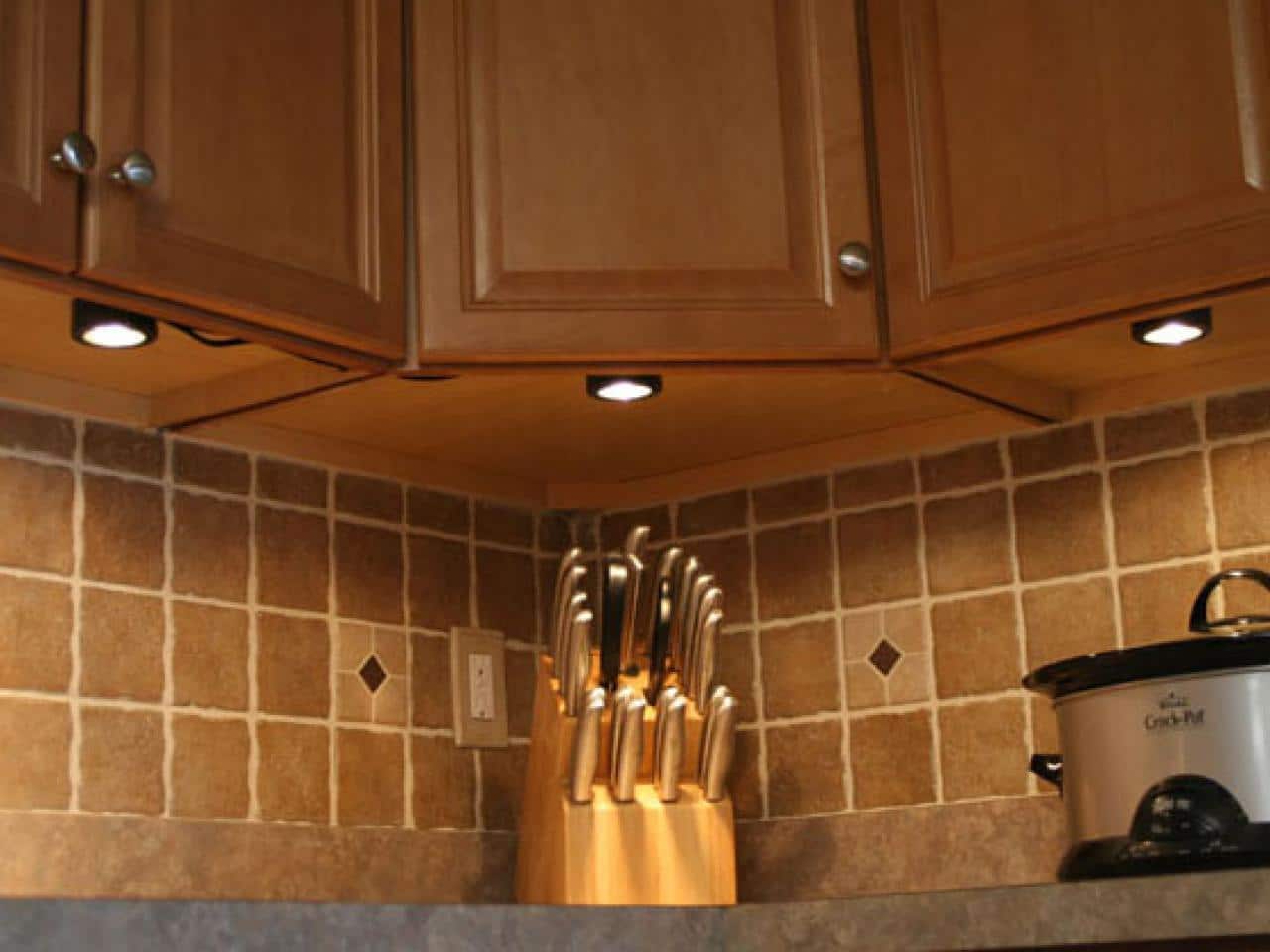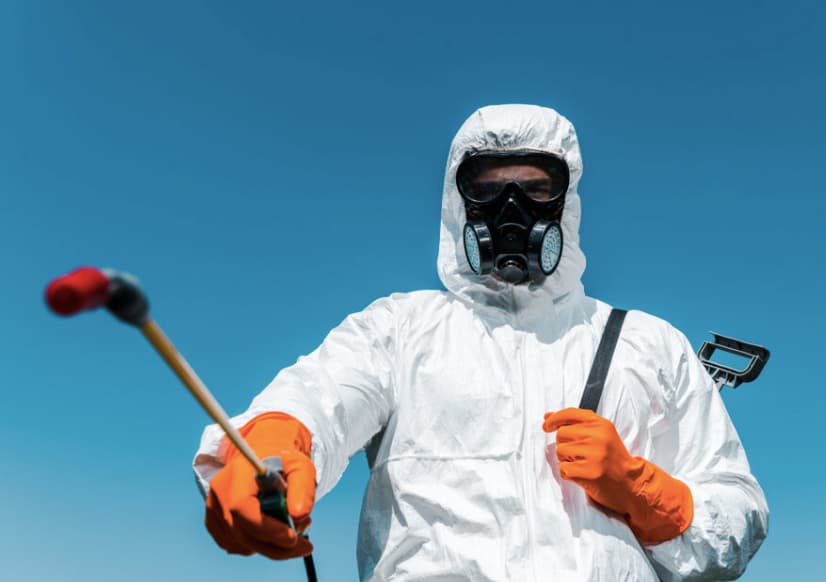The Importance of Pest Control
Maintaining a pest-free home is about comfort and ensuring your household’s health and safety. Pests can carry diseases and cause significant property damage. Consistent pest control efforts can prevent these issues before they become severe. By addressing pest issues proactively, you safeguard your family’s well-being and protect your home investment. Pests like cockroaches, mice, and ants are more than just nuisances. They can contaminate food, damage structures, and potentially spread harmful bacteria. Effective pest control measures are essential to minimize these risks and maintain a clean, healthy home environment. Furthermore, termites and other pests have the potential to create costly structural damage that will require significant repairs. By being proactive, you can save money and avoid possibly hazardous situations.
Common Household Pests
Various pests can invade your home, from insects like ants and cockroaches to rodents like mice and rats. Understanding the specific threats can help you target your efforts more effectively. For instance, an article on roach infestations discusses the pervasiveness of cockroaches and offers valuable tips on eradicating them.
Common pests include:
- Ants: Often found in kitchens and bathrooms, ants can be hard to control once they establish a colony. They can enter through the tiniest cracks, drawn by food and water sources, and their trails can lead to thousands of ants invading your space.
- Cockroaches: These pests can contaminate food and are known to trigger allergies and asthma. Cockroaches do well in hot, damp conditions and can quickly multiply, making them hard to eliminate once they’re home.
- Mice chew through electrical wires and can spread diseases through their droppings. In the colder months, they often enter homes searching for food and shelter, proving surprisingly difficult to catch.
- Rats: Similar to mice but more significant, rats can cause more extensive damage and pose significant health risks. Rats are known for intelligence and can often avoid traps and poisons, requiring the need for professional pest control companies to intervene.
Preventative Measures
The best way to handle pests is by keeping them out of your home. Fill in openings in windows, doors, and walls to prevent air leakage. Maintain a clean kitchen by storing food in airtight containers and disposing of garbage promptly. Regular vacuuming and cleaning can also minimize the risk. Ensure all food particles are cleaned up, especially in hidden areas like under appliances. Keep pet food stored securely and clean up spills immediately to avoid attracting pests. Properly maintaining your yard is also crucial. Cut back trees and shrubs in contact with your house to remove potential entry points for pests. Keep your lawn mowed and debris-free, as tall grass and clutter can shelter various pests.
Natural Remedies for Pest Control
Many prefer to use natural remedies to control pests, avoiding harsh chemicals inside their homes. Products such as diatomaceous earth efficiently eliminate crawling insects, whereas essential oils like peppermint and eucalyptus can deter various pests. These methods are often safer for families and pets, providing peace of mind without sacrificing effectiveness.
For example:
- Peppermint oil: Deters ants and spiders. Dab a few drops around entry points, mix with water, and spray in problem areas.
- Vinegar is effective against ants and helps clean surfaces. Mix vinegar with water and wipe down areas where ants have been seen.
- Baking soda: When combined with sugar, baking soda can kill roaches. The insects are drawn to the sugar, and the baking soda harms their digestive system, resulting in death.
Natural remedies can be particularly effective as preventative measures. Regularly using these methods can help keep pests from getting too comfortable in your home, reducing the need for more aggressive treatments later.
When to Call the Professionals
Despite your best efforts, sometimes a pest problem can exceed your control. In such cases, calling professionals to handle the situation is crucial. Professionals have better access to more vital treatments and can pinpoint the underlying cause of the infestation with more precision. Experts in pest management offer long-term solutions and guarantee effective resolution, providing reassurance and peace of mind.
Professional services can tailor solutions specifically to your home and your pest problem. They can guide you in avoiding future infestations and keeping your home free of pests in the long term. Additionally, professionals can safely handle chemicals necessary to eradicate a pest problem, ensuring the safety of your household.
Understanding Integrated Pest Management
Integrated Pest Management (IPM) is an eco-friendly strategy that combines various pest control methods. It uses comprehensive information on pests’ life cycles and environmental interactions to offer the least possible risk to people and property. IPM emphasizes regular monitoring and responsible pesticide use only when necessary.
IPM involves multiple strategies:
- Regular monitoring and identification of pests to ensure appropriate action is taken.
- Setting action thresholds, at which point pest control measures will be implemented.
- Preventing pests by removing their food, water, and shelter sources.
- Control methods like traps and targeted pesticide applications are used only when necessary.
Employing IPM can effectively and environmentally responsibly manage pest populations. This approach also reduces the likelihood of pests developing resistance to treatments, making it a sustainable long-term strategy.
Home Maintenance Tips to Avoid Infestations
Regular home maintenance is vital to keeping pests at bay. Ensure your home has proper drainage to remove stagnant water, which attracts insects. Repair leaking pipes, clean gutters, and trim overgrown vegetation that can serve as a breeding ground for pests.
Summary:
- Seal entry points like cracks and crevices. Frequently inspect and fix any harm to the outside of your house.
- Keep areas clean and free of food scraps. Regularly clean under appliances and hard-to-reach areas to avoid attracting pests with food particles.
- Use natural repellents and remedies. Incorporating natural pest control methods into your regular cleaning routine can help keep your home pest-free without relying on harsh chemicals.
- Perform regular home maintenance tasks. Routine inspections and maintenance can identify potential pest problems before they become infestations.



